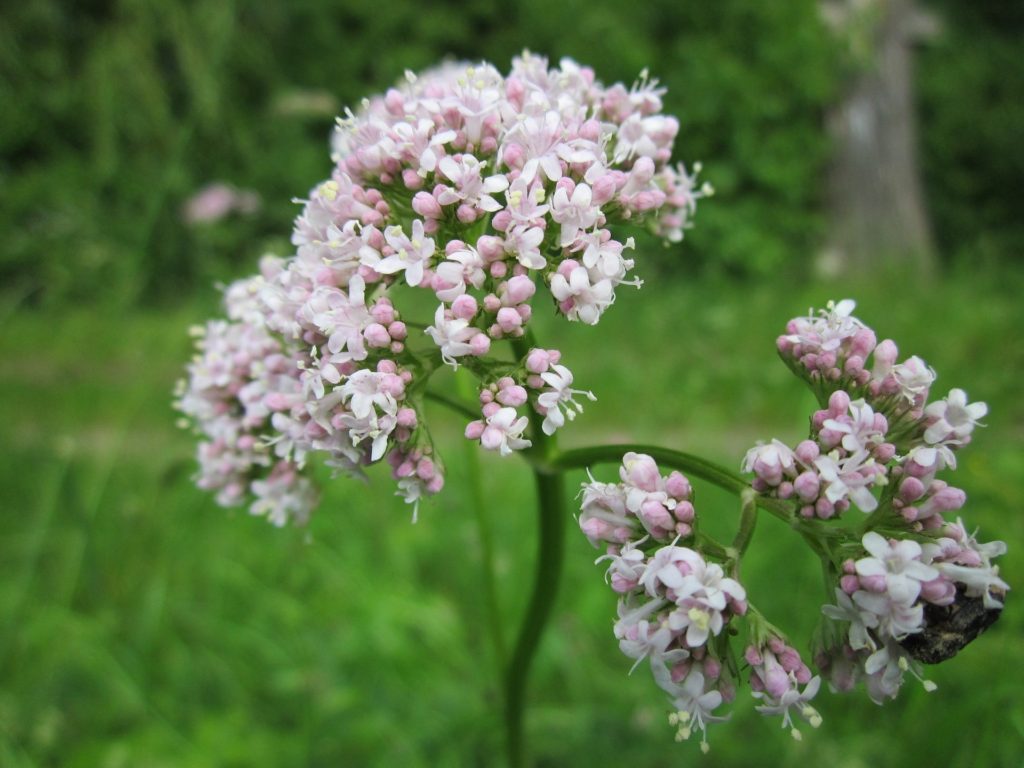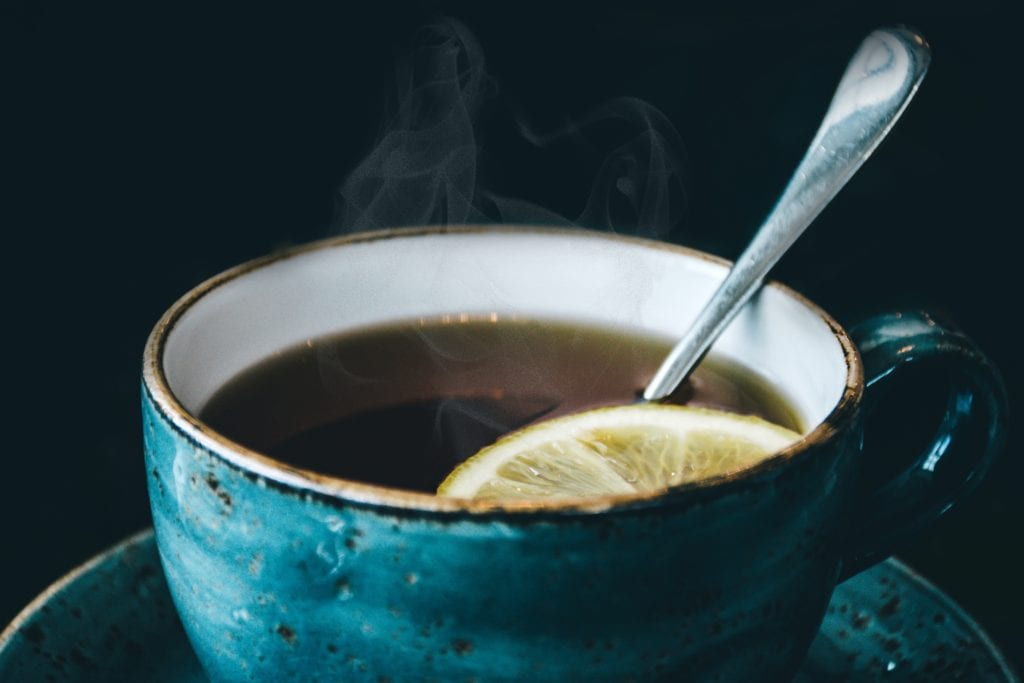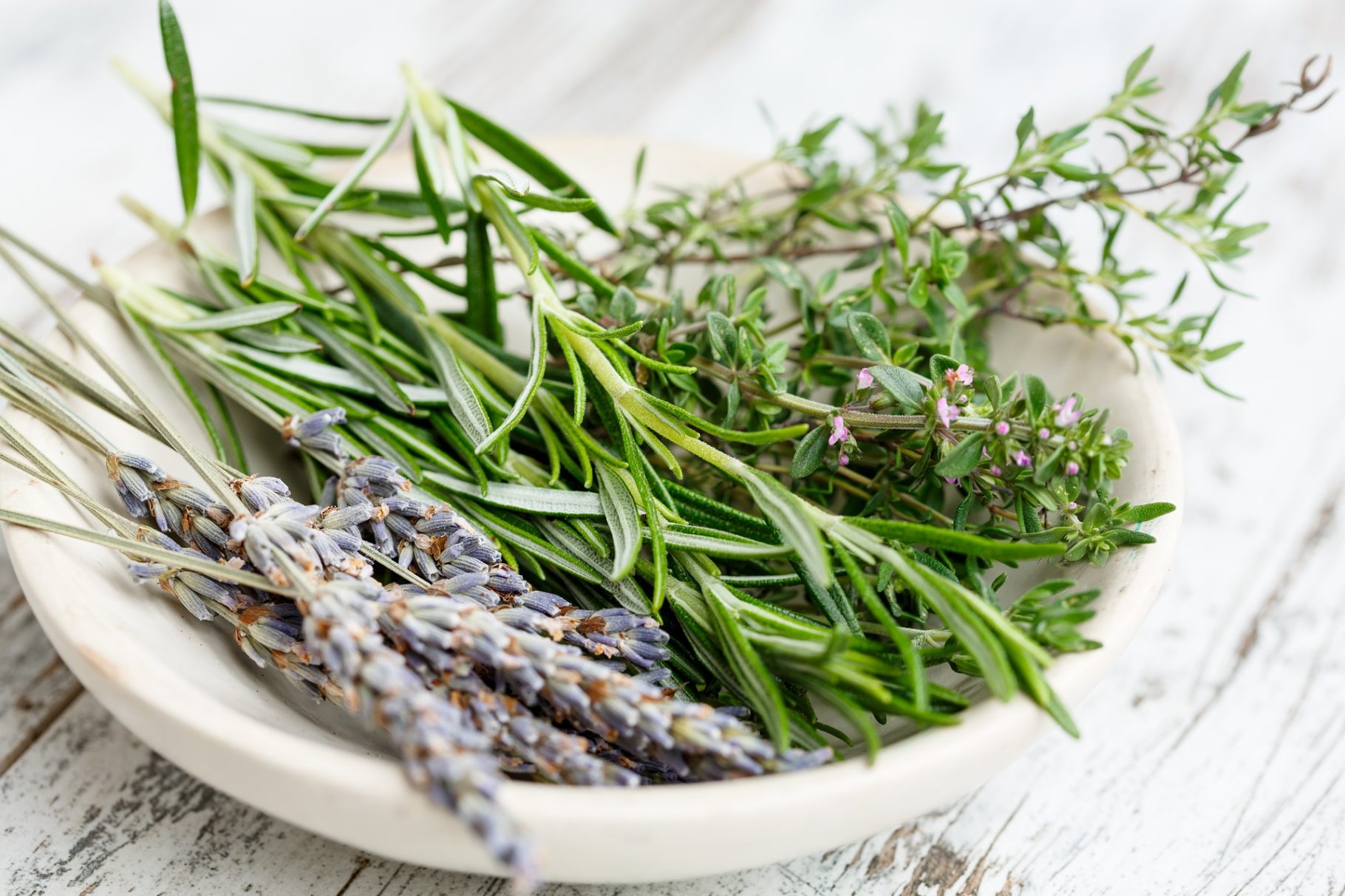
Have you ever spent the night navigating racing thoughts only to slide out of bed with debilitating brain fog? If so, you aren’t alone, and valerian root may be an herb that can turn your sleep and anxiety game around.
One in four Americans has acute insomnia every year. (5) Roughly 82 million people are sleepwalking through life. Along with 40 million people living with an anxiety disorder in the US alone. (10)
Insomnia not only causes daytime sleepiness, but it also increases irritability, depression, anxiety, difficulty focusing, and accidents. (4)
Valerian has documented use back to 300 BC. Hippocrates wrote of Valerian’s calming effects, and Galen prescribed it for – you guessed it – insomnia. (6)
Not much has changed in modern times. Valerian is still used all over the world to treat insomnia and anxiety, like a few other anxiolytic herbs.
Here you can discover how valerian helps with anxiety and sleep, how to take valerian and other valuable tips.
Also Known As: Valerian, Valerian Root, Valeriana officinalis
Valerian Root for Anxiety and Sleep Benefits
There are 250 types of valerian, but the main one studied for therapeutic benefits is Valeriana officinalis.
It is frequently sold in the USA as a herbal supplement for sleep disorders. Valerian is mainly used in Europe to treat anxiety.
The exact reason for its calming effects is unknown. Experts do suggest that valerian’s soothing effects may be a result of interactions with Gamma-aminobutyric acid (GABA) receptors in the brain. (1)
Why do interactions with GABA receptors make all the difference? GABA is a neurotransmitter that slows down or stops frantic messaging in the brain. (2) Antidepressant or anti-anxiety medications often target GABA receptors.
Valerenic acid is one of the main components in Valerian. This compound has been shown to regulate serotonin in the brain. (3)
Serotonin levels in the brain affect anxiety, sleep, and depression symptoms. The same study showed that valeric acid alleviates both psychological and physical stress. (3)
There are currently not many studies showing statistical significance for valerian root to treat anxiety and insomnia. Lack of reliable evidence may be due to study design, small participant groups, high rate of study withdrawal, funding, and sample size.
For me, the only way to truly determine if a substance works is by trying it – of course, as long as it is safe to use. There can be piles of supporting research, but personal effects with a substance determine the actual impact.
If you are interested in exploring a list of different herbs that help with anxiety and sleep – visit this list of herbs.
For most people, unless you are pregnant or taking specific medications, valerian root is a perfectly safe substance to experiment with. Always talk to your doctor before adding any additional herbal supplements to your routine.
Quick Facts: Mental Health Benefits
- Help treat insomnia by inducing sleep
- Improve sleep quality
- Lower anxiety levels
- Alleviate psychological and physical stress

How do you take Valerian Root?
The two most common consumption types for valerian are tea and capsule. Taking valerian in a capsule or tablet allows for higher doses that may be beneficial for severe sleep disorders.
One study showed that a dose of 400-900 milligrams daily has similar sedative effects as a commonly prescribed drug known as diazepam (Valium). (4) Valium is a pharmaceutical often used to treat anxiety, reduce muscle spasms, and act as a sedative for medical procedures. (7)
- Tea: prepared from the dried roots of valerian, loose leaf tea is preferred for fuller flavor and higher potential for therapeutic benefits.
*If you have never made loose leaf tea before, you need a small loose leaf tea strainer. Place the tea in the strainer in a mug, boil water and pour into the mug, let steep for the appropriate amount of time.*
- Tincture: created by dissolving the dried roots of valerian in ethanol, tinctures are then bottled with a small dropper, to consume you fill the dropper and place under the tongue to soak in before swallowing
*Most herbal tinctures have instructions on the bottle regarding dosage*
- Essential Oil: created from the oil extracted from dried valerian root, essential oil differ from a tincture as it is not to be consumed orally, this product is to be diffused in the air, applying to the skin or soaking in water
- Capsule: the dried root of valerian can be ground into a powder or extracted as a liquid and encapsulated to be taken as a pill, encapsulated valerian allows for higher doses
It is essential to keep in mind that the FDA does not regulate herbal supplements. Although, ethical, and effective products do exist on the market.
This lack of regulation means that you should do a bit of extra research when determining what companies make safe and useful products. Locating a credible company is vital.
How to determine a credible herbal company?
Many valerian root products are adulterated, as are many other herbs. To purchase a product with therapeutic benefits always buy from credible companies.
Credible companies:
– have testimonials and good reviews
– list ingredients on products
– uphold quality procedures for extracting and producing the herb.
I always do extensive online research before deciding upon a credible product or purchase from companies that I have used in the past.
How long does it take for valerian to work?
Many herbs take continual usage to benefit users.
Herbalists suggest taking valerian root for two to three weeks, followed by a break of the same amount of time. (10) This duration is to provide therapeutic effects while reducing the possibility of side effects.
Side Effects of Valerian Root
Most people who use this herb do not have severe side effects. (8)
Side effects (8) include:
- drowsiness
- dizziness
- tiredness
- blurred vision
- unsteadiness
Rarely these additional side effects may occur, in which case contact your doctor immediately. Rare side effects include memory problems, hallucinations, restlessness, trouble speaking, trouble walking, and muscle weakness.
Consider Trying Valerian if…
Valerian root is most valuable for those who (you guessed it) have insomnia. If you have trouble sleeping, mainly due to racing thoughts and anxiety, this may be the herb for you.
What else can you try to help fall asleep?
If you aren’t yet sure if valerian is right for you, starting with other sleep-inducing and stabilizing methods may help.
- Reduce caffeine intake at least 6 hours before bed. (9)
- Develop a nighttime routine.
- Take a warm bath close to bedtime.
- Stay hydrated throughout the day.
- Avoid blue light from computers, cell phones, and other electronics before bed.
- Exercise regularly during the day.
- Using a weighted blanket.
Valerian Root FAQ
Yes. Valerian root is a herb that has been shown to relieve anxiety through a mild calming effect, possibly due to its effects on GABA and serotonin in the body.
Herbalists suggest taking valerian root for two to three weeks, followed by a break of the same amount of time. This duration is to provide therapeutic effects while reducing the possibility of side effects.
Most people who take valerian do not experience serious side effects. Some possible side effects are drowsiness, dizziness, tiredness, blurred vision, or unsteadiness.
There is not a conclusive answer. The effects of valerian versus melatonin depend on many factors. Melatonin is a naturally occurring hormone that regulates the sleep-wake cycle.



